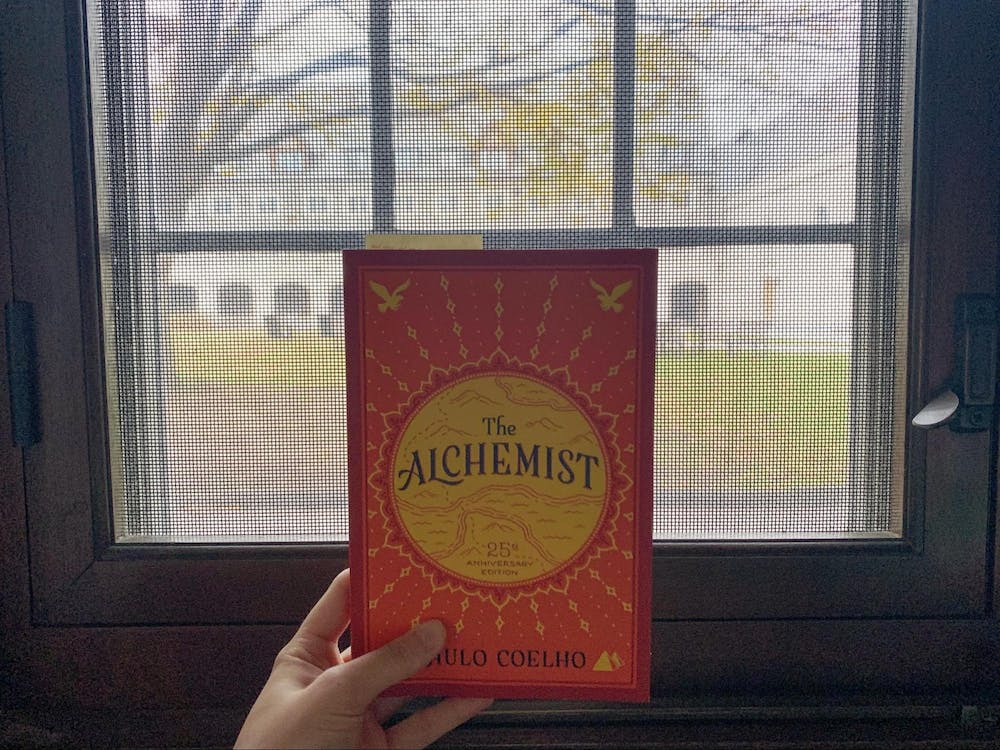
The Amber Spyglass, the last book in Philip Pullman’s His Dark Materials trilogy, is a big and complicated ending. It tries to bring together all the different story parts from Northern Lights and The Subtle Knife. In this final book, Pullman goes deep into a mix of fantasy, deep thinking, and religious ideas. The story makes you think hard and also feel a lot of emotions.
The young main characters, Lyra Belacqua and Will Parry, grow up more as they travel through many different worlds full of danger, amazing things, and things that are not clearly right or wrong. The story keeps jumping between these different worlds, and one of the most memorable places they visit is a scary place for the dead. This idea of an afterlife is not just something magical; it’s a way for the author to talk about big ideas like death, making up for mistakes, and what makes us who we are inside.
The Amber Spyglass goes deeper into the religious and thoughtful ideas that were just starting in the earlier books. Pullman’s story bravely deals with how organized religion can be too controlling, what it means to be aware and think, and what being human is all about. These big ideas are mixed with a story that is still very much about the personal journeys of its young main characters.
Pullman’s way of writing is beautiful and moving, creating scenes that are clear in your mind and full of feelings. He’s even better at creating worlds in this book, bringing in creatures and places that are really creative and important for the story’s deeper meanings. One special example is the mulefa, an alien species Lyra meets. They are really interesting because of their different body structure and how they live together, and they make us think about and question parts of how humans live.
In The Amber Spyglass, the way characters grow and change is well done. Lyra and Will, who are now older and have been through a lot, are still very interesting people in the story. The way they relate to each other, showing friendship, being loyal, and slowly starting to like each other more in a romantic way, is shown in a very gentle and real manner. This adds a very human touch to the story, which is about huge, cosmic things.
But the book does have some tough parts. Because the story tries to do so much, sometimes the plot gets a bit complicated. There are many smaller stories and characters all mixed together, which can be a lot to keep track of. Even though most of these parts come together nicely at the end, some readers might feel like it’s too much to handle along the way.
The ending of the trilogy is mixed with both happy and sad feelings, and it’s quite complex. It doesn’t give easy answers. Instead, it accepts that things are not always clear and that sometimes people have to give up things. Pullman is really good at telling stories, and that shows in how the ending seems both sadly unavoidable and deeply touching.
In short, The Amber Spyglass is a great finish to an amazing trilogy. It’s a book that’s brave enough to ask big questions about life, power, and love. Even though the story is complex and has a lot of different characters, at its core, it’s about growing up. It talks about how innocence is lost and the deep understanding that comes from that experience. The last book in Pullman’s His Dark Materials series is rich with ideas and makes you think. It’s the kind of book you remember long after you’ve finished reading it.


